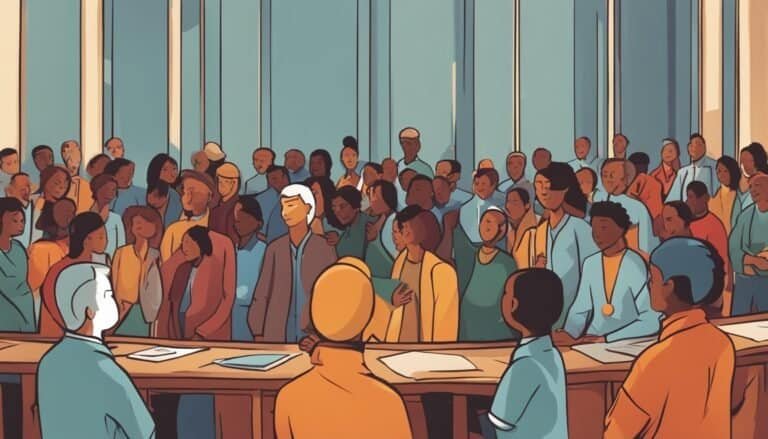How Developing Soft Skills Can Transform a Student’s Academic Journey
While hard skills such as writing well, doing maths, or performing a scientific experiment are essential in the academy, soft skills are also essential. These non-technical abilities allow you to thrive in your environment, work with others, and achieve your goals. For students, developing these skills can improve the quality of their education and pave the way for future success in life and the workplace.
Enhancing Communication Skills
Communication lies at the heart of academic success. It impacts every aspect of the student’s life, from writing essays to participating in class discussions, from making presentations to speaking with peers and professors. A good command of communication helps students articulate their thoughts better and helps them absorb and process the information they hear.
It also allows learners to present information more confidently and persuasively, which matters greatly when delivering oral presentations in front of the class or working on group assignments. In addition, good communication helps forge stronger relationships with classmates and teachers, which creates a more collaborative and supportive learning environment.
Building Effective Teamwork Abilities
Group projects and joint research are among the most common assignments in academia, so teamwork is one of the soft skills students must master. To work well in a team means the following for a student:
- Work Harmoniously: Excel in collaborating with diverse groups, ensuring all voices are heard and respected.
- Contribute Effectively: Actively participate and contribute to the group’s objectives, ensuring that tasks are completed efficiently.
- Navigate Dynamics: Handle interpersonal dynamics within the group with tact and empathy, resolving conflicts as they arise.
- Merge Viewpoints: Integrate diverse opinions and ideas to form a unified, cohesive plan that benefits from various perspectives.
By mastering these facets of teamwork, students improve their performance in group-related academic assignments and prepare themselves for future workplaces that require collaboration. Teamwork skills are essential for college success and career readiness.
Cultivating Time Management and Organization
Students often have to cope with numerous assignments, projects, and exams all at the same time, and good time management skills are helpful for them to develop the ability to handle a complex workload without making themselves excessively stressed by approaching deadlines. Good organizational skills help learners set priorities and plan tasks. It creates a balanced schedule to enhance their academic performance and reduce stress.
This skill set is also helpful in maintaining a good work-life balance because it helps them set aside enough time to relax and pursue personal interests and hobbies in their leisure time. If you can’t maintain a healthy routine because of assignment overload, consider using the ukwritings coursework service. It allows students to excel academically and ensure they have enough time to enjoy their personal lives.
Developing Critical Thinking and Problem-Solving Skills
Critical thinking and problem-solving are essential soft skills because they give lerners the tools to evaluate evidence, deconstruct the assumptions behind positions, and find novel ways to address problems. These skills are necessary to work in all fields, solve complex problems, conduct thorough research, and present convincing analyses, arguments, and conclusions. The willingness to challenge conventional wisdom and approach problems in novel and creative ways builds the academic rigor that will be called on outside of the classroom.
Embracing Adaptability and Resilience
Adapting to and learning from these difficult situations is an integral part of the college experience and helps learners develop greater flexibility and resiliency as they continue through college. Many education recipients experience changing course loads, exam stress, and a variety of personal adjustments throughout their time in college.
By reframing these challenges as part of the college experience, students develop the flexibility to take advantage of new opportunities while adapting their strategies when faced with emerging barriers. This flexibility supports their learning in college and helps prepare them for the same type of life changes they will encounter after graduation.
If you have any challenges with your studies and can’t fully immerse yourself in developing soft skills, here is a link to professional writing services. Expert writers assist with coursework so you can better prepare for future challenges and opportunities.
Unlocking Potential Through Soft Skills
Developing soft skills as part of a student’s toolkit ensures a more fruitful academic experience, improved interpersonal relationships, and better equipped to meet workplace demands. As educators and young people gain more awareness of the value of soft skills, the road to academic success becomes more accessible and rewarding.








